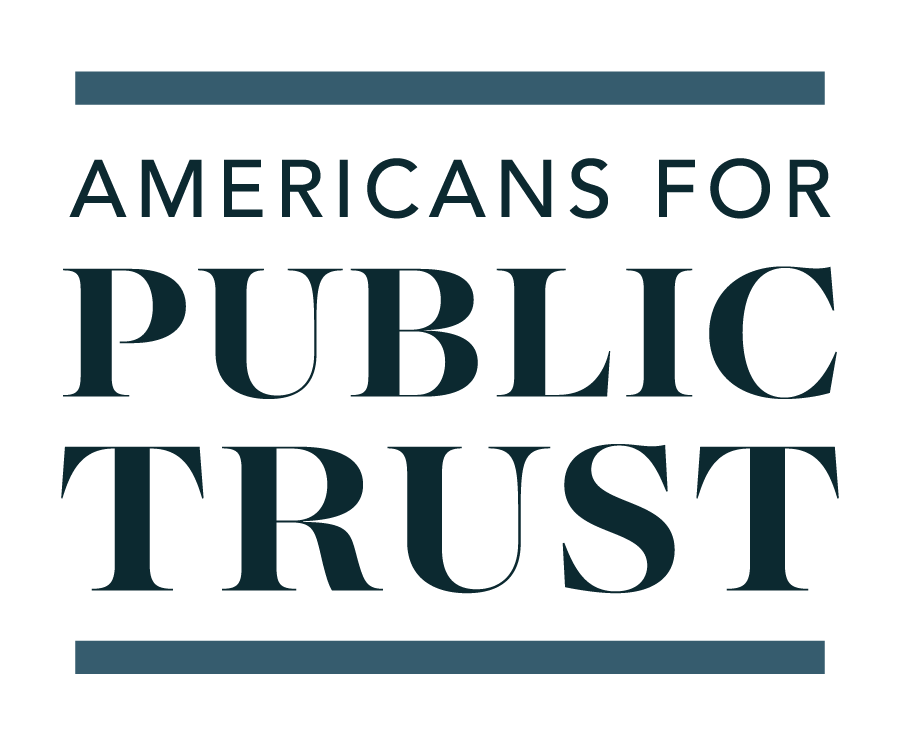The House Committee on Ethics has issued a reminder to House Members of the requirements of the Stop Trading on Congressional Knowledge of 2012 (STOCK) Act. The STOCK Act requires Members, officers, and employees who are paid at the senior staff rate to file Periodic Transaction Reports (PTRs), disclosing certain securities transactions over $1,000 within thirty days of the transaction, but in no case later than 45 days after the transaction.
Security transactions that fall into the category that must be reported on a PTR include purchases, sales, or exchanges by the Member, officer, or employee and/or their spouse and dependent children, involving stocks, bonds, commodities futures, options, private equity, cryptocurrencies and other securities. Widely held investment funds such as mutual funds, exchange-traded funds, and index funds do not need to be disclosed on a PTR. PTRs are not required to be filed if no security transactions have occurred. It should be noted that the STOCK Act does not allow for any extensions for PTRs and that ate filings are subject to a late filing fee of $200, up to a as much as $200 per late transaction.
Additionally, a new certification requirement has been added to the PTR. Previously, Members were required to certify that information provided in the report was “true, complete, and correct” to the best of the reporting individual’s knowledge. The updated form now requires a certification statement which includes an affirmation that the person filing the report has disclosed all transactions required to be reported by the STOCK Act.
The Committee reminds Members that failing to file or falsifying PTRs can result in both civil and criminal penalties. Under the Ethics in Government Act (EIGA) the Attorney General can pursue a maximum civil penalty of $61,585 or a maximum criminal penalty of one year in prison and a $61,585 fine for knowingly and willfully files a false statement required by the EIGA.
Federal criminal law also allows for a fine up to $250,000 and/or imprisonment for five years for knowingly and willfully making any materially false, fictitious, or fraudulent statement or representation, or falsifying, concealing, or covering up a material fact, in a filing under the EIGA.
The full guidance from the House Committee on Ethics can be found here.






